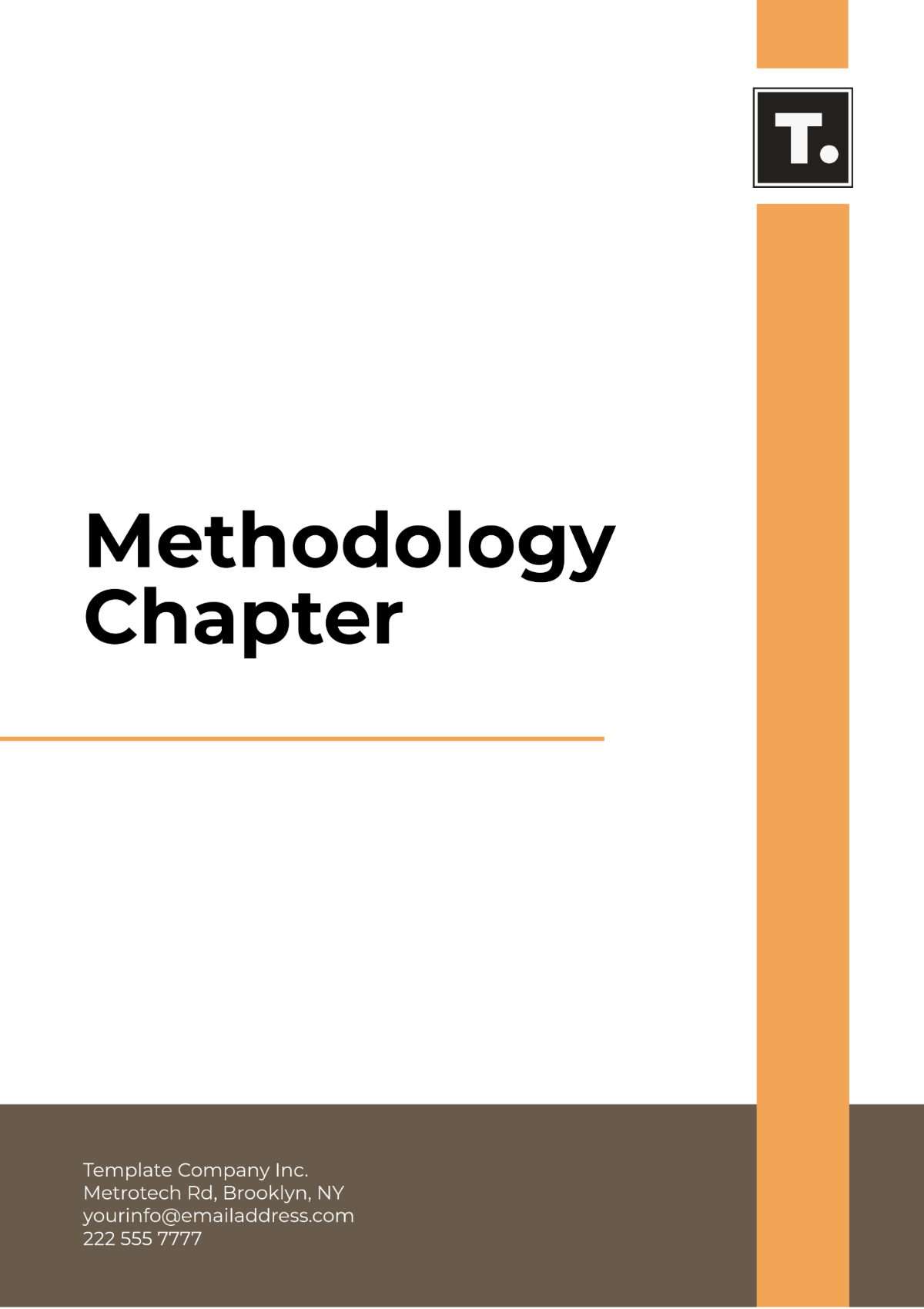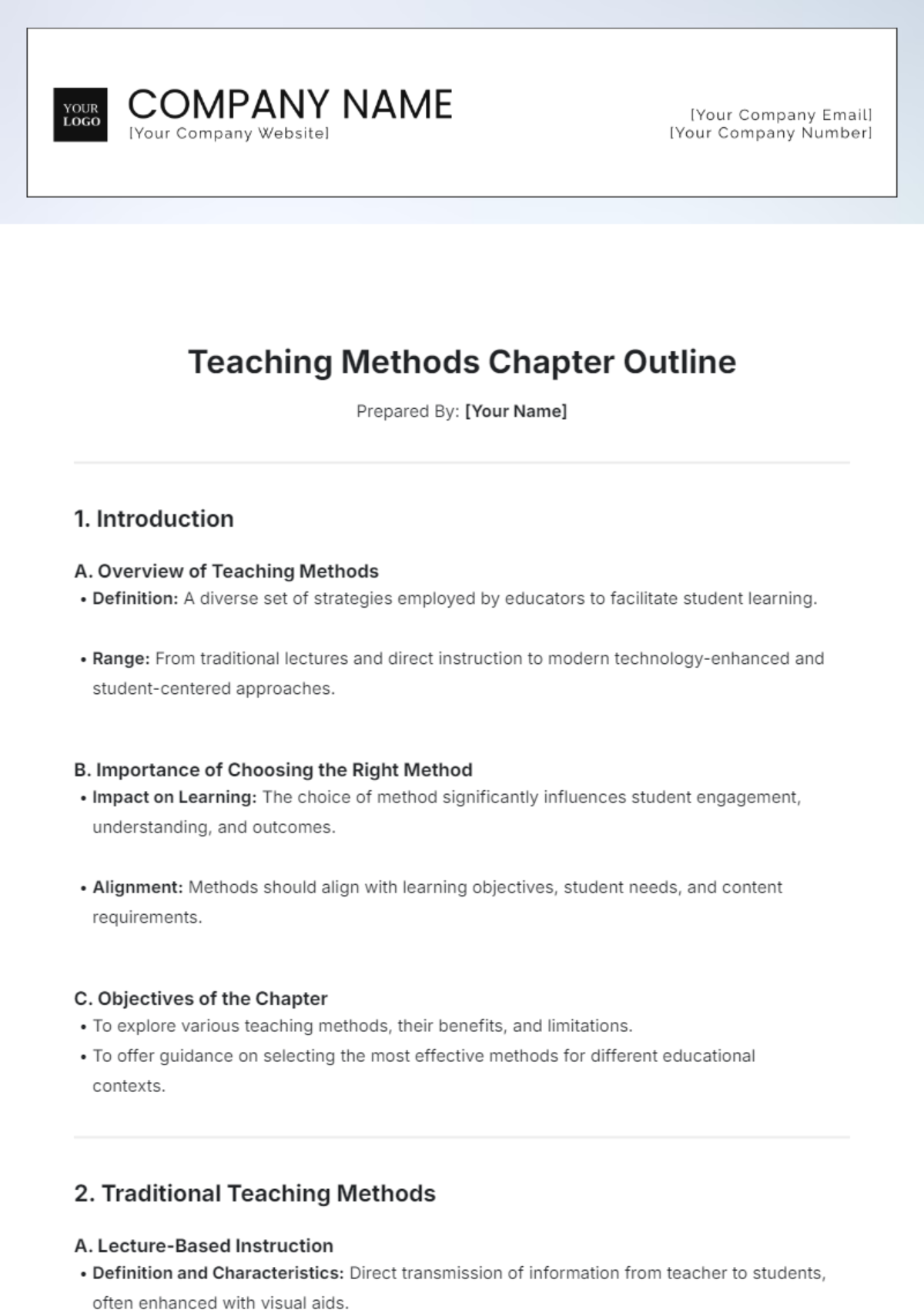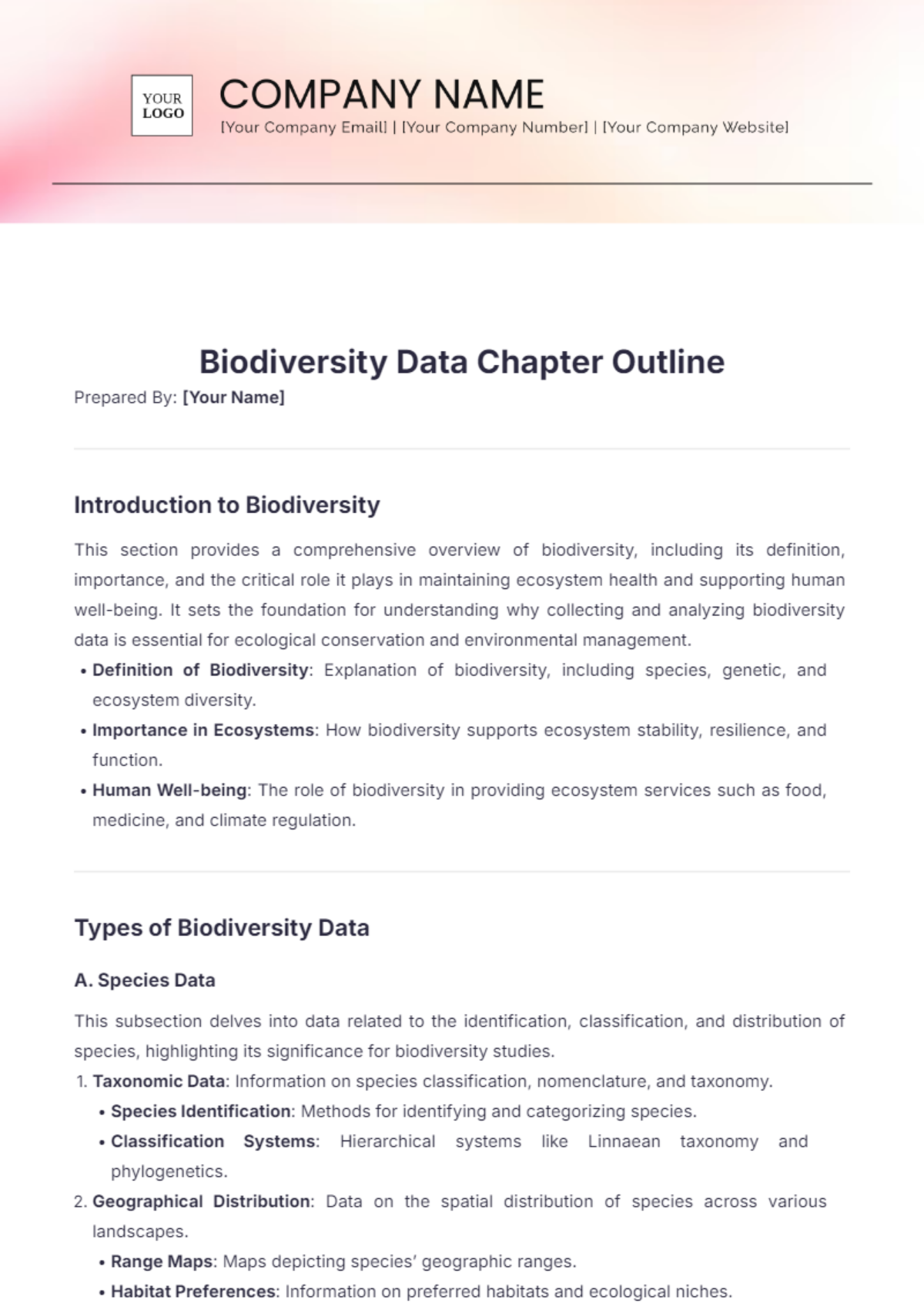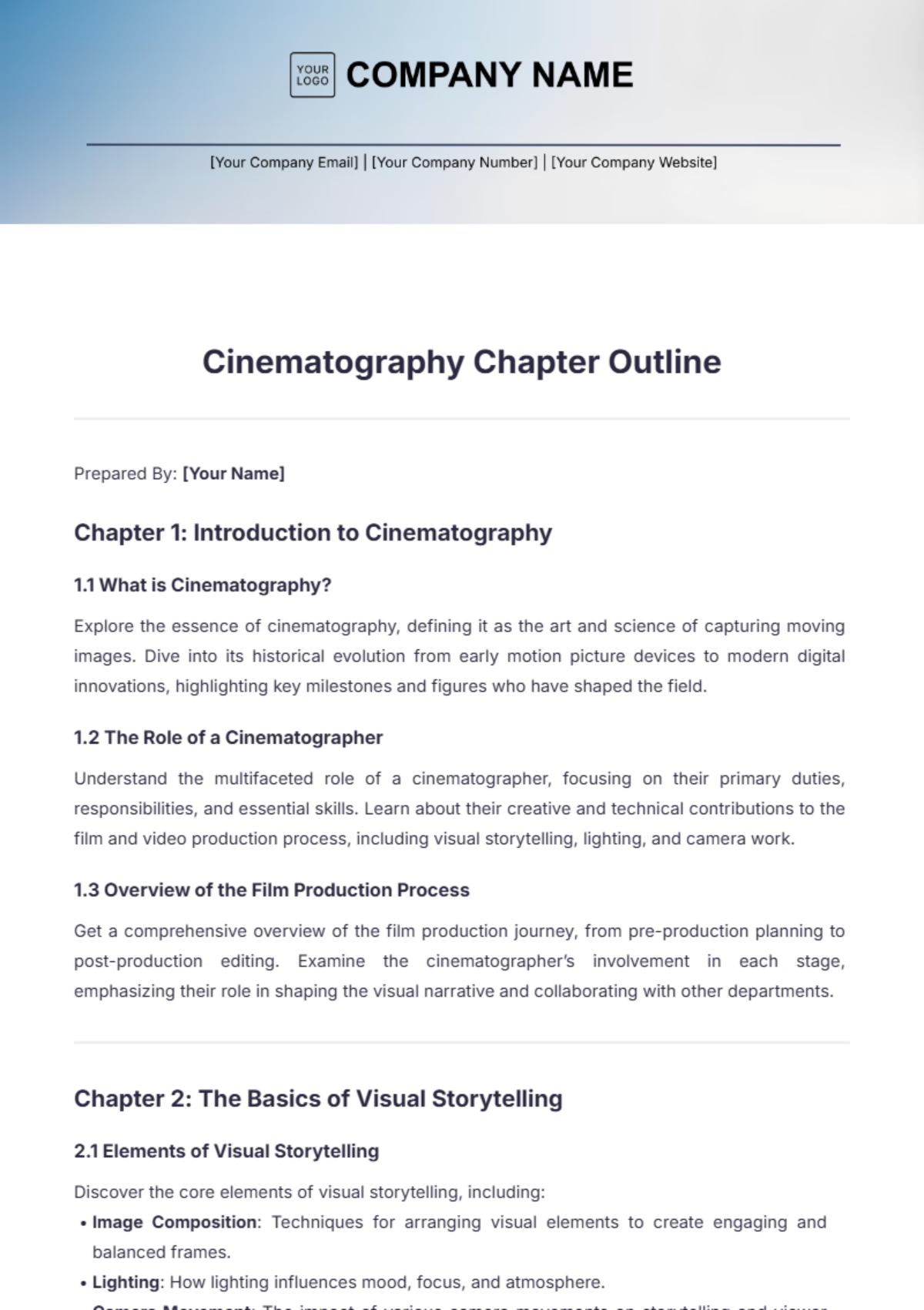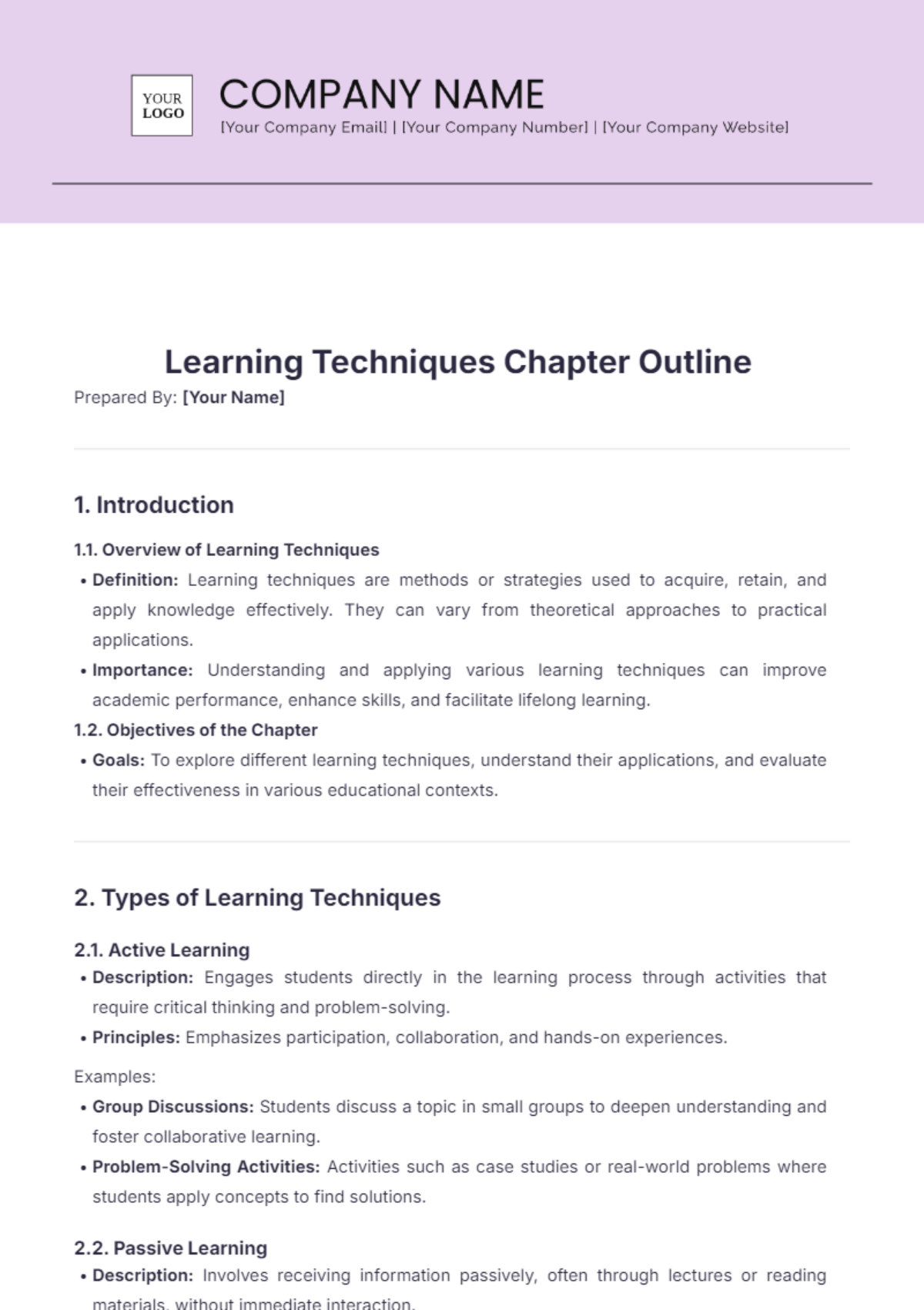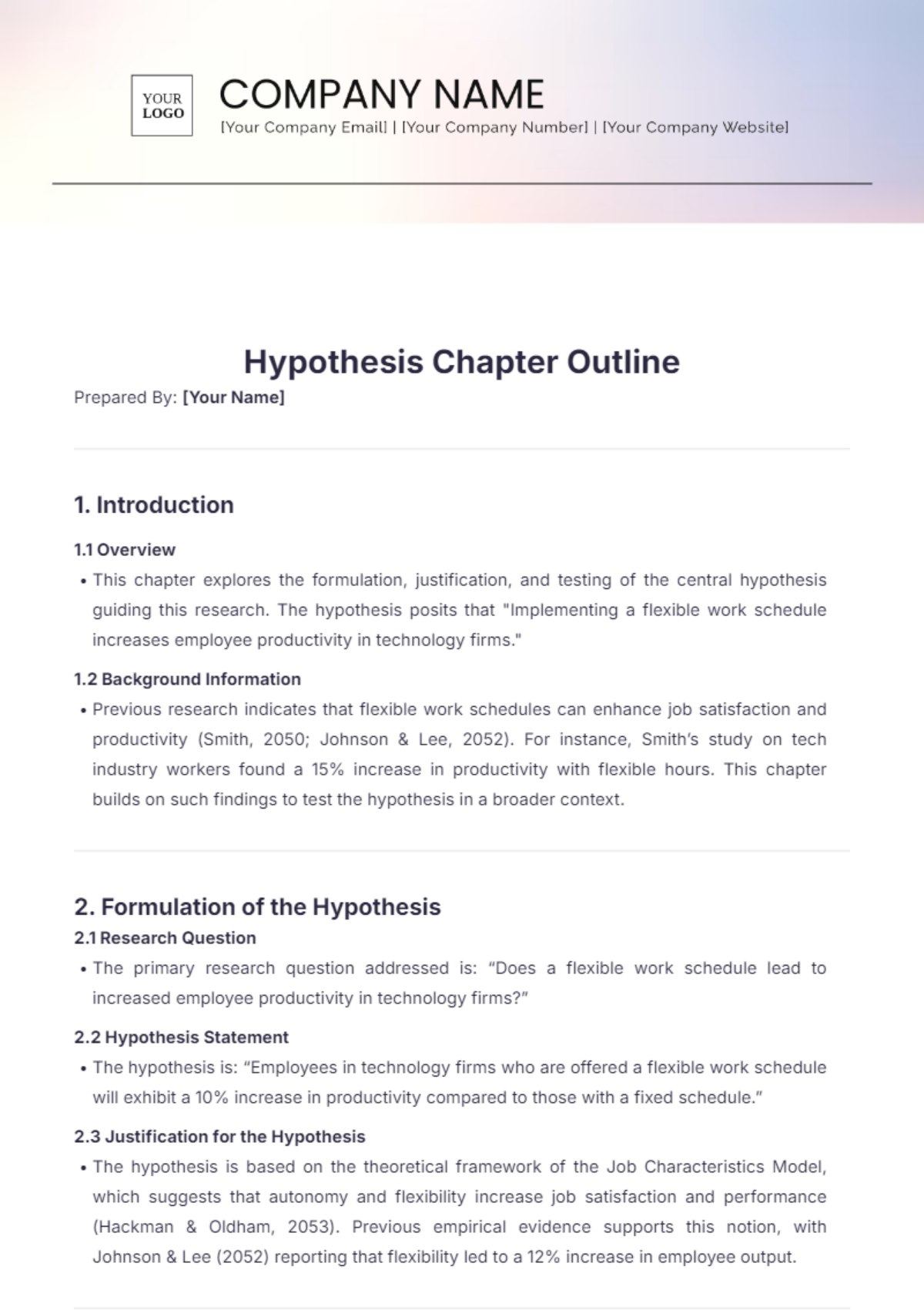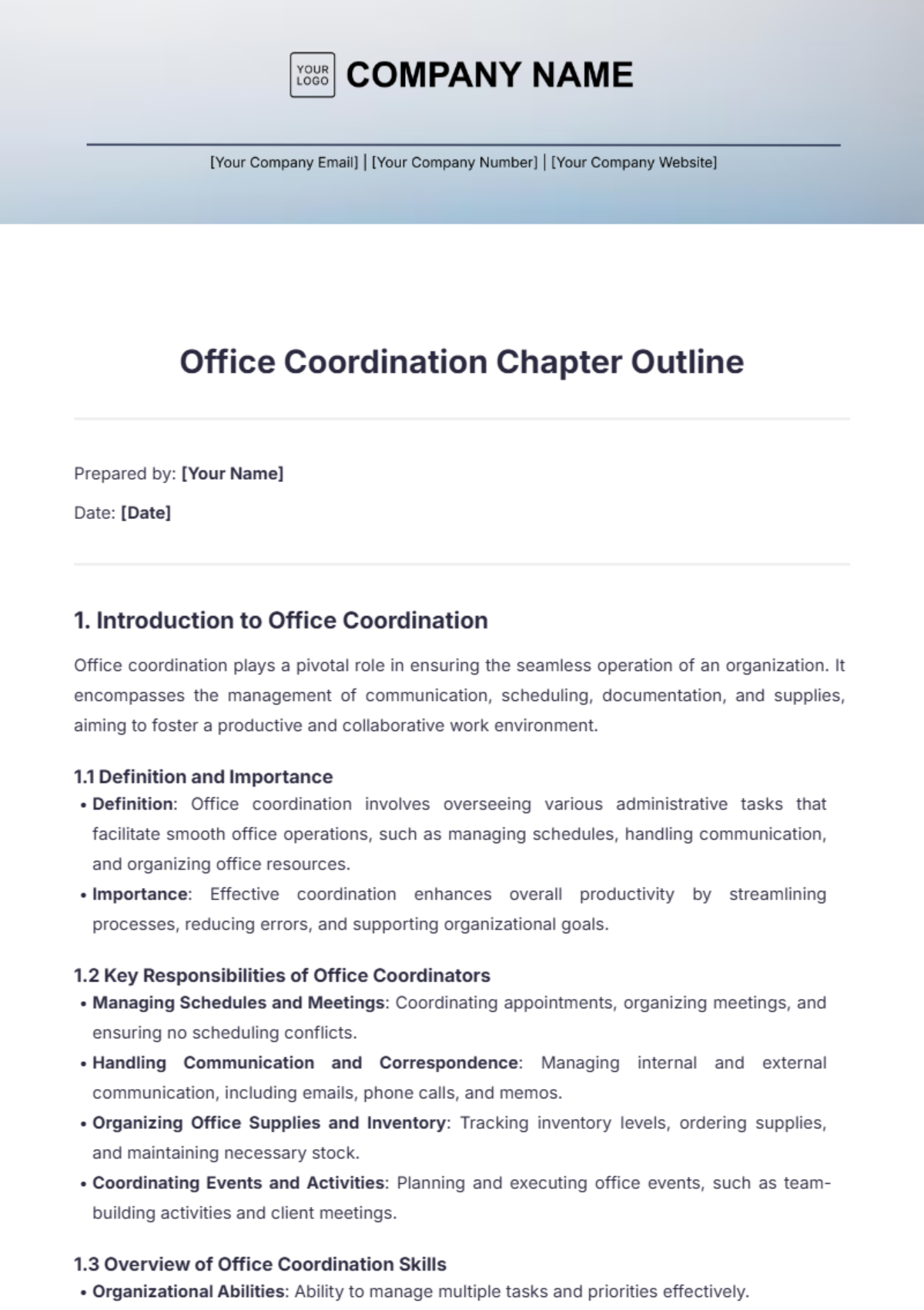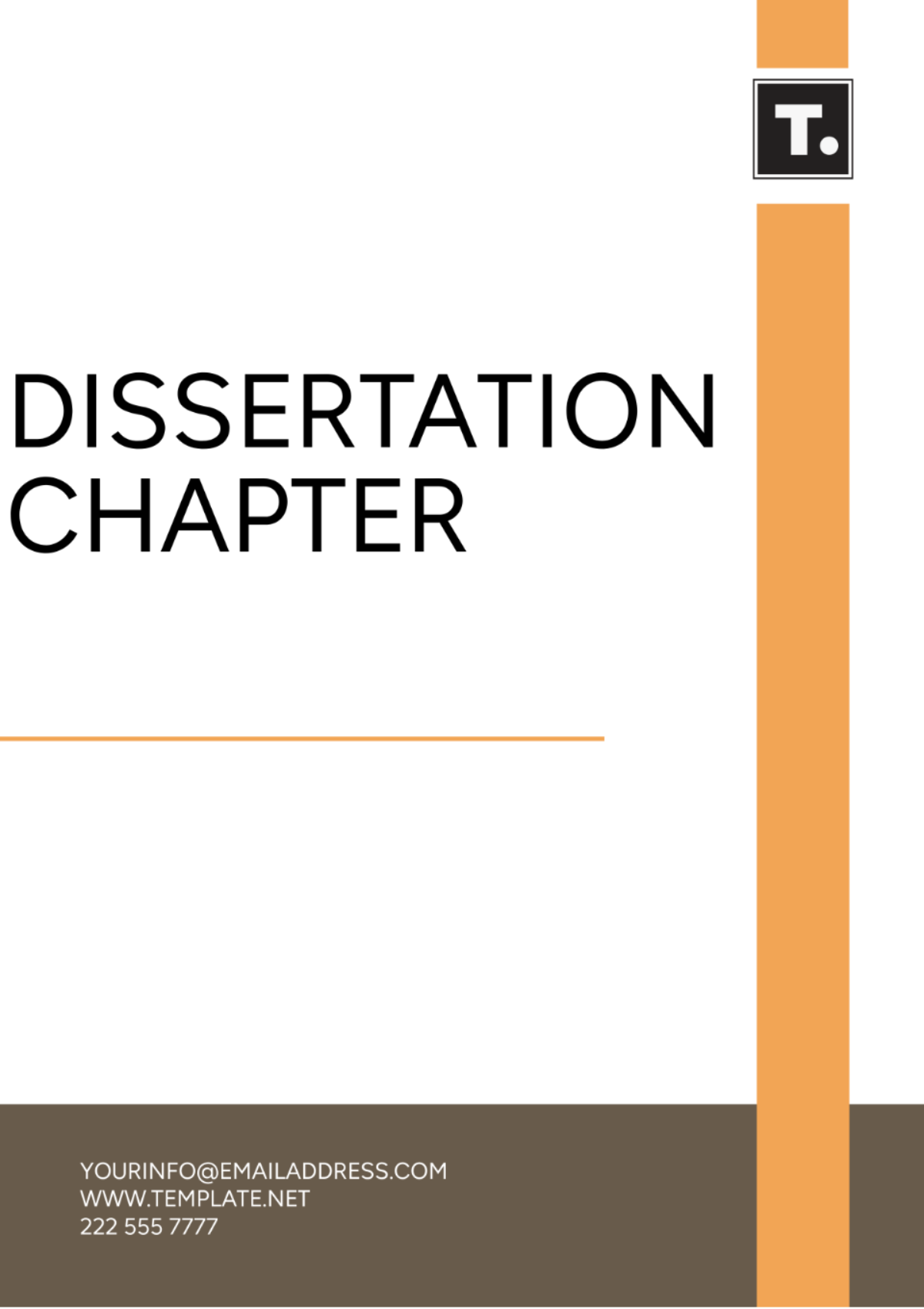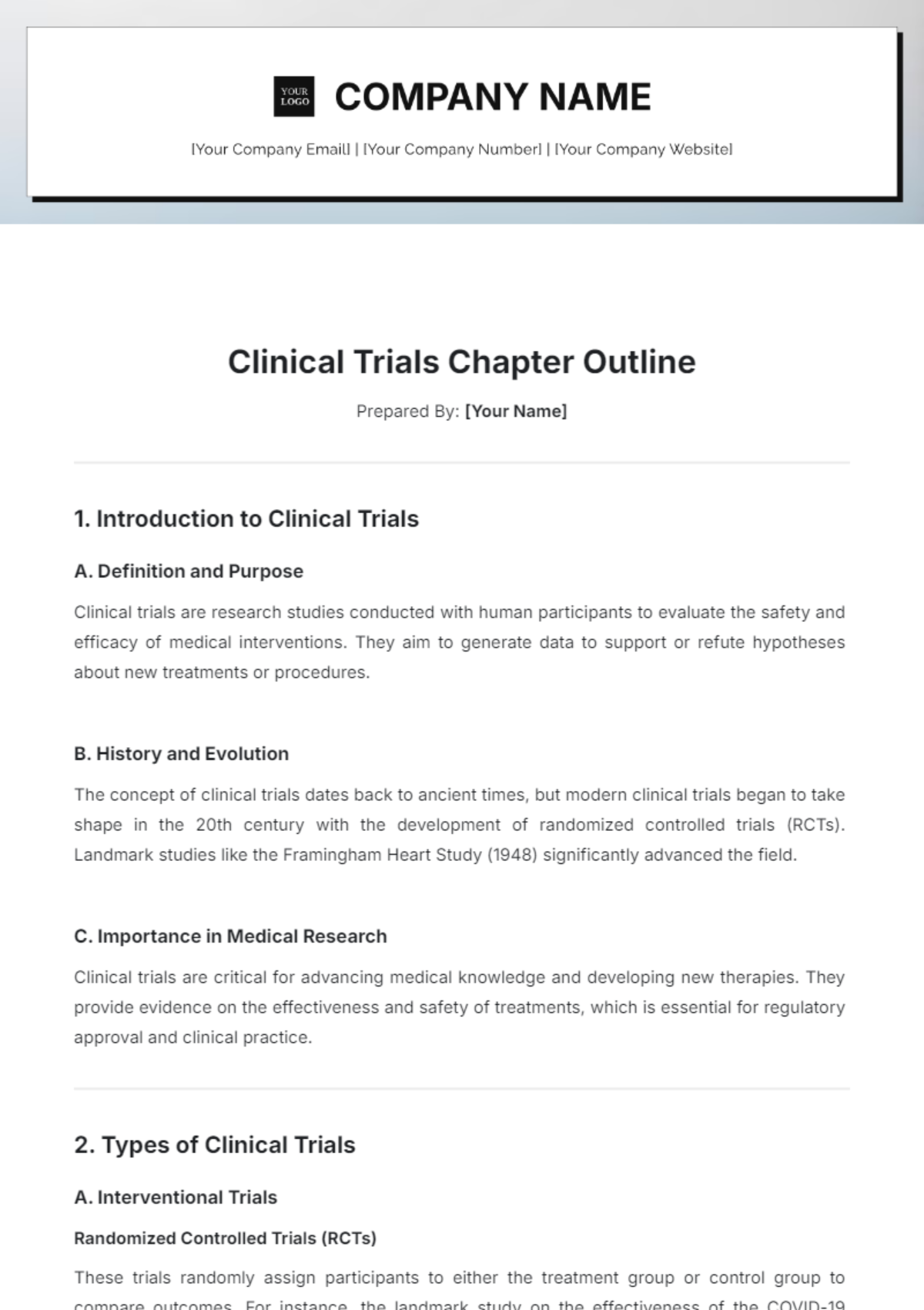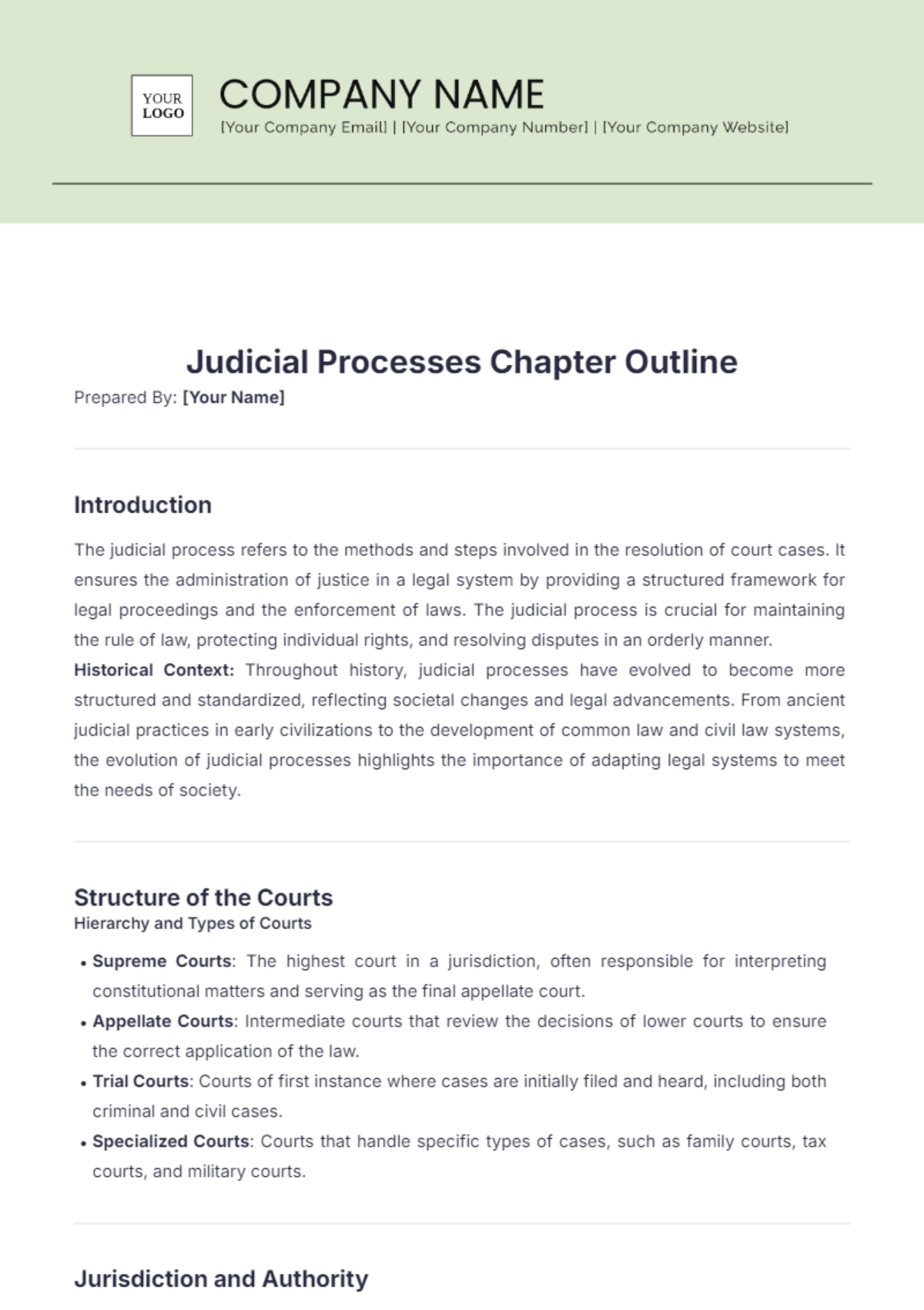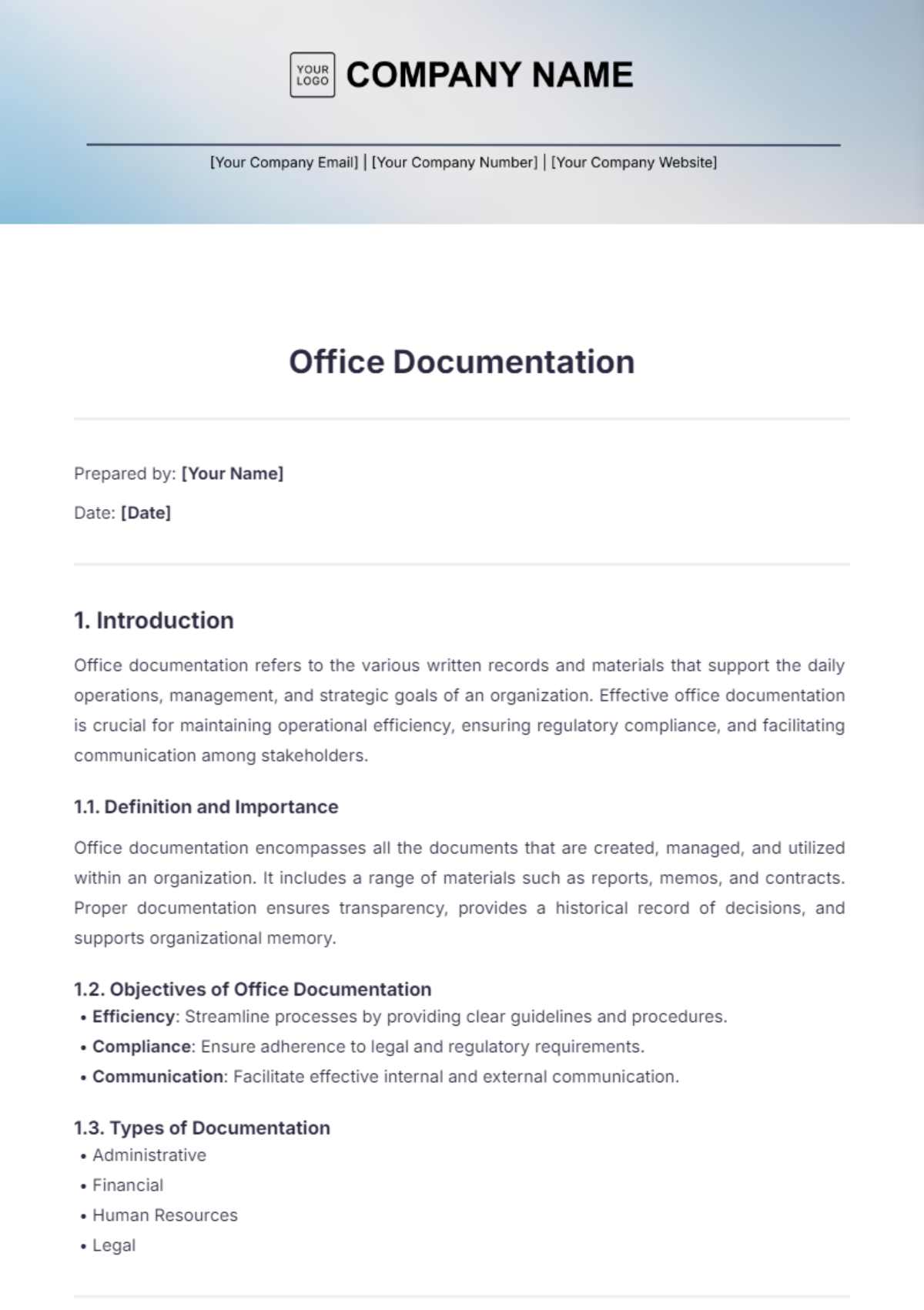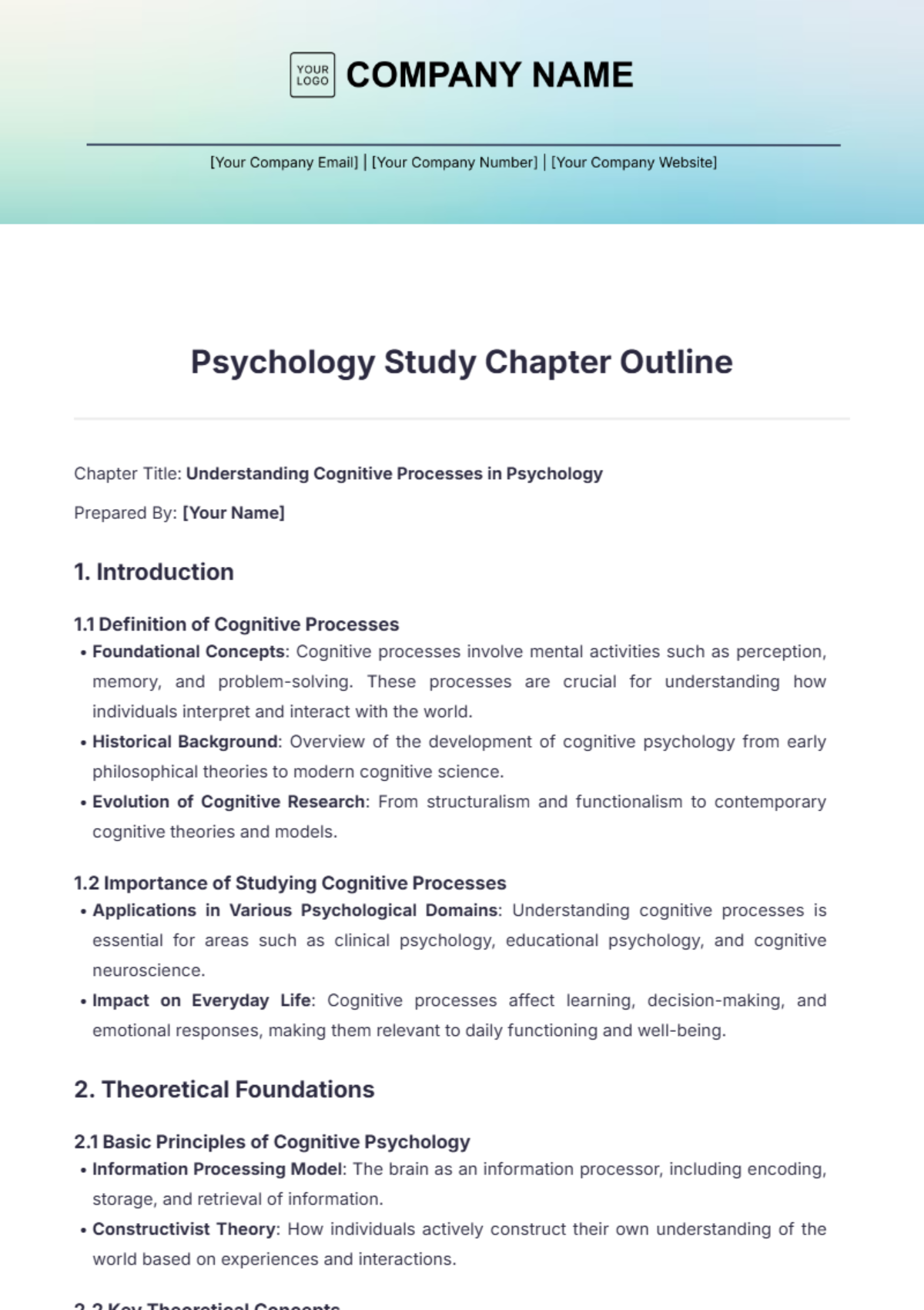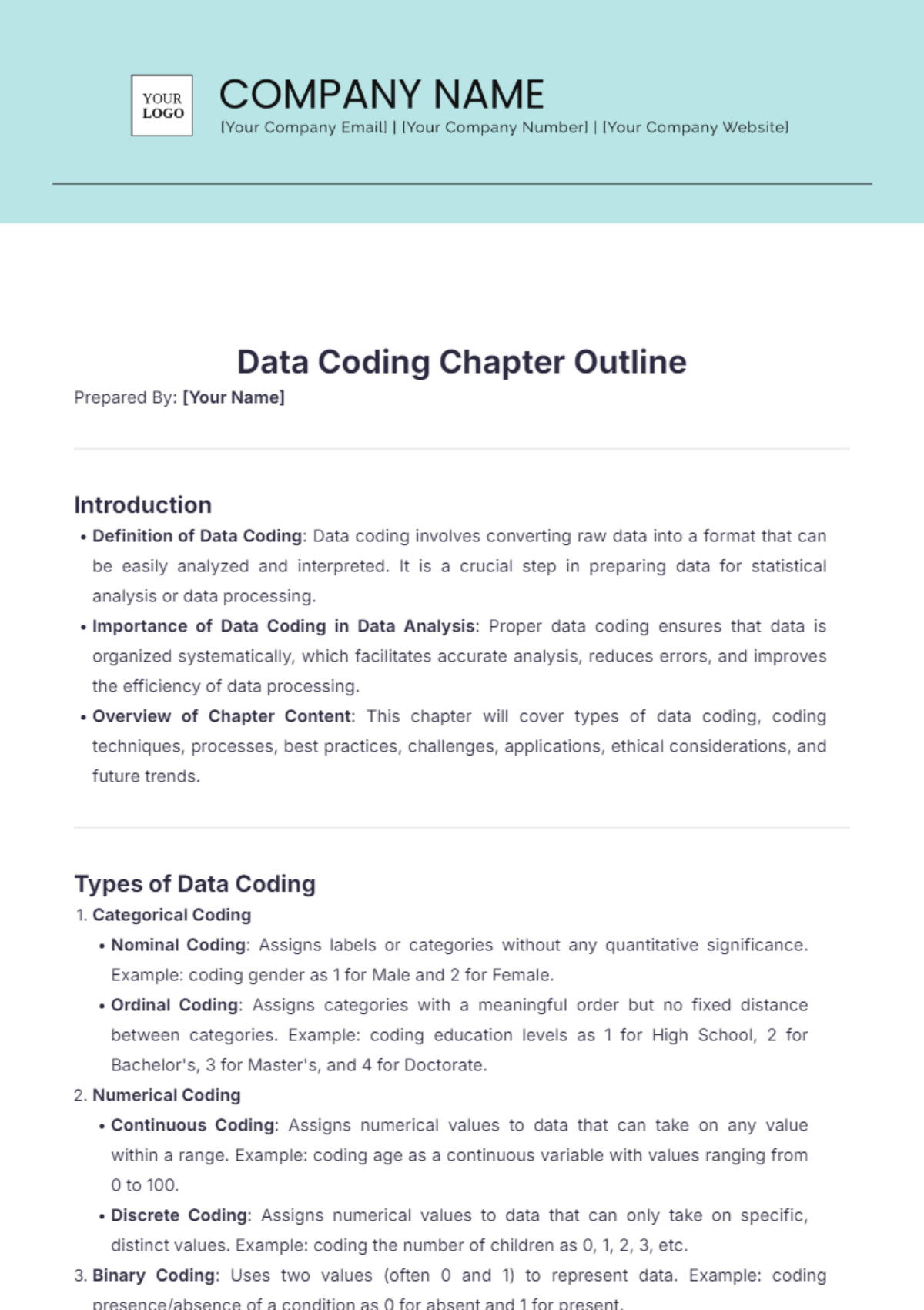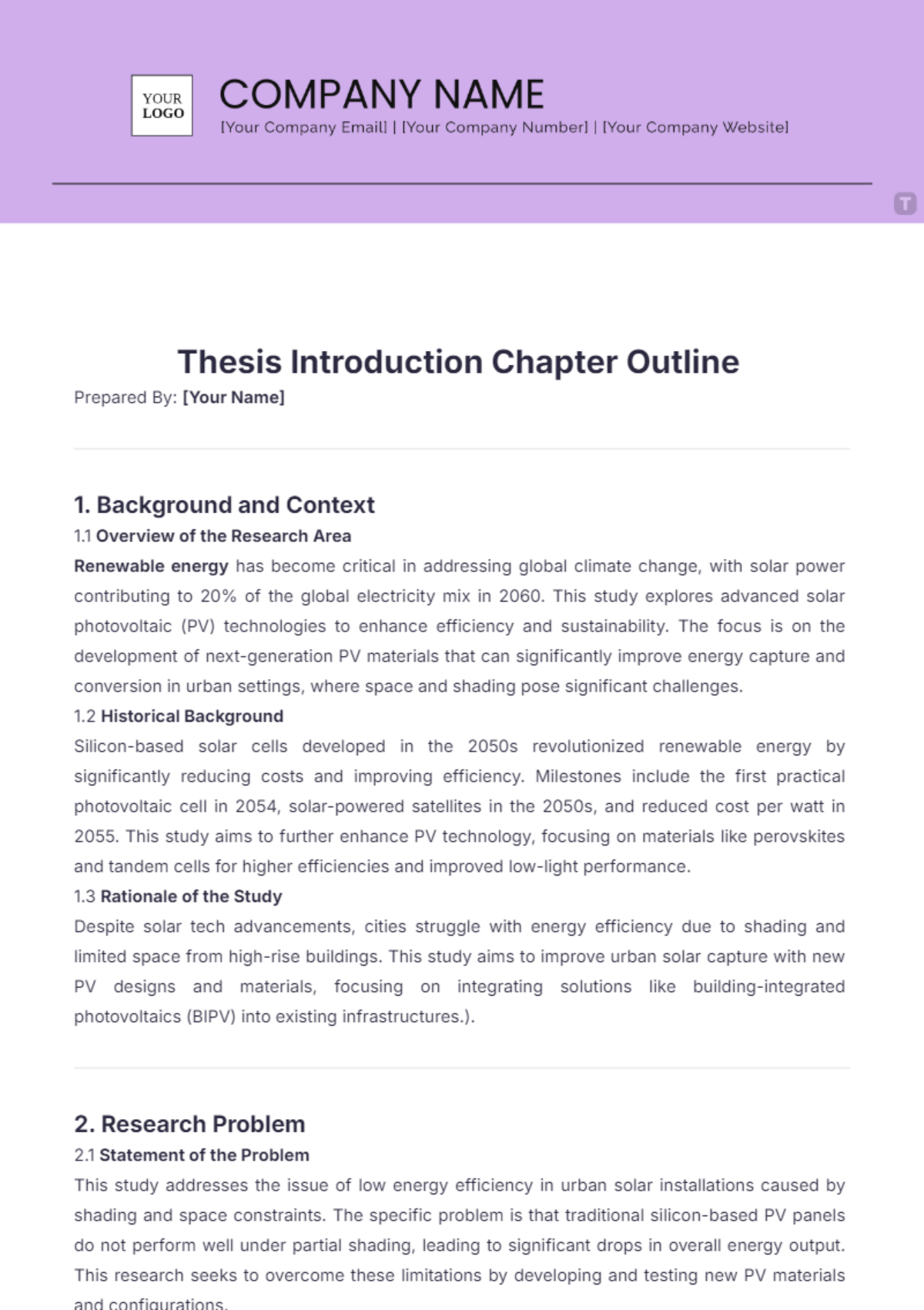Judicial Processes Chapter Outline
Prepared By: [Your Name]
Introduction
The judicial process refers to the methods and steps involved in the resolution of court cases. It ensures the administration of justice in a legal system by providing a structured framework for legal proceedings and the enforcement of laws. The judicial process is crucial for maintaining the rule of law, protecting individual rights, and resolving disputes in an orderly manner.
Historical Context: Throughout history, judicial processes have evolved to become more structured and standardized, reflecting societal changes and legal advancements. From ancient judicial practices in early civilizations to the development of common law and civil law systems, the evolution of judicial processes highlights the importance of adapting legal systems to meet the needs of society.
Structure of the Courts
Hierarchy and Types of Courts
Supreme Courts: The highest court in a jurisdiction, often responsible for interpreting constitutional matters and serving as the final appellate court.
Appellate Courts: Intermediate courts that review the decisions of lower courts to ensure the correct application of the law.
Trial Courts: Courts of first instance where cases are initially filed and heard, including both criminal and civil cases.
Specialized Courts: Courts that handle specific types of cases, such as family courts, tax courts, and military courts.
Jurisdiction and Authority
Courts have varying jurisdictions, which define their authority to hear certain types of cases based on geographic location, subject matter, and legal considerations. Jurisdiction can be categorized as:
Personal Jurisdiction: The court's authority over the parties involved in the case.
Subject Matter Jurisdiction: The court's authority to hear cases of a particular type or subject.
Geographic Jurisdiction: The court's authority within a specific geographic area.
Stages of Judicial Processes
Pleading Stage
This initial stage involves the filing of complaints and responses, setting the groundwork for a case. Key documents include:
Complaint: The document filed by the plaintiff outlining the allegations and legal claims.
Answer: The defendant's response to the complaint, addressing each allegation.
Discovery Stage
During discovery, involved parties exchange pertinent information and evidence to prepare for trial. Common discovery methods include:
Interrogatories: Written questions that must be answered under oath.
Depositions: Oral testimony taken under oath before trial.
Requests for Production: Requests for documents, records, and other evidence.
Pre-Trial Stage
This stage includes preliminary hearings and motions that address administrative and procedural matters before trial. Examples include:
Motion to Dismiss: A request to terminate the case based on legal grounds.
Summary Judgment: A motion seeking a judgment based on undisputed facts.
Trial Stage
The trial stage is where the case is argued before a judge or jury, with both sides presenting evidence and witnesses. Key components include:
Opening Statements: Presentations by attorneys outlining their case.
Presentation of Evidence: Witness testimonies, exhibits, and cross-examinations.
Closing Arguments: Summarizing the case and urging the jury or judge to decide in their favor.
Post-Trial Stage
Post-trial processes encompass the verdict, sentencing, and opportunities for appeals or motions for a new trial. Key elements include:
Verdict: The decision reached by the judge or jury.
Sentencing: The determination of punishment in criminal cases.
Appeals: Requests for a higher court to review the decision of the trial court.
Roles within the Judicial Processes
Judges
Judges oversee court proceedings, make rulings, and ensure that the legal process is followed correctly. They play a critical role in interpreting laws and delivering justice.
Attorneys
Prosecutors: Represent the state in criminal cases, seeking to prove the defendant's guilt.
Defense Attorneys: Represent the accused, ensuring their right to a fair trial and defending against charges.
Civil Attorneys: Represent parties in non-criminal disputes, such as contract issues or personal injury claims.
Jury
A jury is a group of citizens tasked with determining the facts of a case and delivering a verdict based on evidence presented during trial. Jurors are selected through a vetting process known as voir dire.
Judicial Decision-Making
Legal Reasoning
Judges use legal reasoning to interpret laws, set precedents, and apply legal principles to specific cases. This process involves analyzing statutes, prior court decisions, and legal doctrines.
Influences on Decisions
Judges consider various factors in their decision-making, including:
Statutes: Laws enacted by legislative bodies.
Precedent: Previous court decisions that guide future rulings.
Constitutional Considerations: Principles and protections outlined in the constitution.
Social and Moral Considerations: Societal norms and ethical implications of decisions.
Appeals Process
Grounds for Appeal
Appeals can be based on procedural errors, misinterpretation of laws, or new evidence. Common grounds include:
Legal Error: Incorrect application or interpretation of the law.
Procedural Error: Mistakes in the judicial process that affect the outcome.
New Evidence: Information that could not have been presented at the original trial.
Appellate Procedures
The appeals process typically involves written briefs, oral arguments, and a review of the trial court's decision by the appellate court. The appellate court may affirm, reverse, or remand the case for further proceedings.
Special Considerations in Judicial Processes
Alternative Dispute Resolution
Methods such as mediation and arbitration provide alternative means to resolve disputes outside traditional court settings. These methods can be quicker, less formal, and less costly.
International Judicial Processes
Different countries have unique judicial processes, influenced by their legal traditions, systems, and cultures. Understanding these differences is crucial for international legal practice and comparative legal studies.
Conclusion
The judicial process is a complex and essential component of the legal system, ensuring justice is served through an organized and fair method. Understanding its structure, stages, roles, and decision-making can provide a comprehensive insight into how legal disputes are resolved.
















